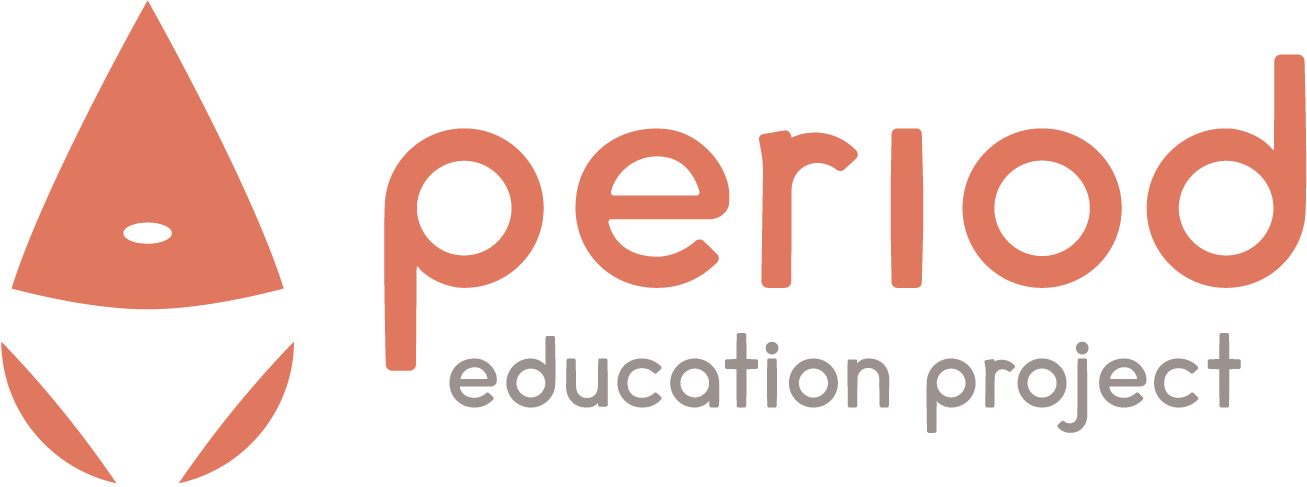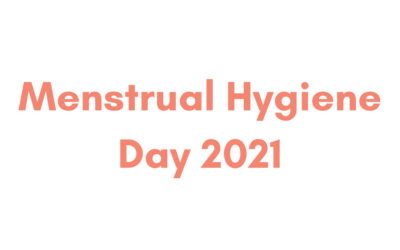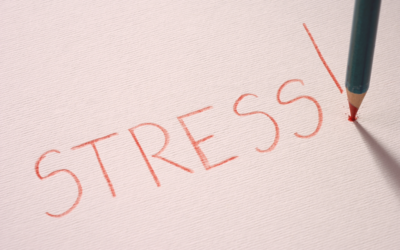Menstrual Health Education
Hear from our experts as we discuss all things menstrual health– including health disparities, myths, and discuss how to improve young women’s health education.
Are Yeast Infections Related to Menstruation?
By Kayla Shine, Period Pro from the Medical University of South Carolina The menstrual cycle and vaginal yeast infections aren’t always connected, but they can be. If you’ve ever had a yeast...
How Do Birth Control Methods Affect Periods?
By Jasmine Kaur, Period Pro from the Indiana University School of Medicine Birth control is a method or device used to prevent pregnancy. Beyond pregnancy prevention, birth control is also used to...
Is Period Syncing Real?
Have you ever noticed that you seem to get your period at the same time as your friends and family members? Or maybe your friend accused you of making her period start earlier than it was expected? I know that I have. What’s really happening when your period occurs at the same time as the people you are around the most? Is it magic? Pheromones? Coincidence?
Are Your Periods Too Painful?
If you’re reading this because you experience period pain and want to know more about what is going on with your body…you are not alone!
How to Talk with Your Doctor about Period Pain
If you think your period pain is problematic, it’s time to ask your doctor about it. Where do you start?
Menstrual Hygiene Day 2021
This Menstrual Hygiene Day, we asked our Period Pros to share their favorite period hacks.
Do STIs Impact Menstrual Health?
By Davlyn Luke, Chief Period Pro at USC School of Medicine Greenville April is STI Awareness Month, and we want to highlight how Sexually Transmitted Infections (STIs) may (or may not) affect the...
Can Stress Really Affect The Menstrual Cycle?
Have you ever worried about how stress is affecting your body? Between school, family, friends, and everything else going on in our lives and the world, you might be noticing some emotional burnout these days
Reproductive Health and Implicit Bias
It is imperative that healthcare providers address the implicit bias present in their delivery rooms, offices, clinics, and even pediatric exam rooms. The Period Education Project (P.E.P) aims to train the next generation of menstrual health experts and medical professionals with an awareness of their implicit biases and how to fight them.
Menstrual Health Education Is Essential
Stigma and shame surrounding menstruation have led society to believe that periods are dirty and that conversations about menstrual health are taboo. This stigma perpetrates families, health care settings, and even school health education settings.










